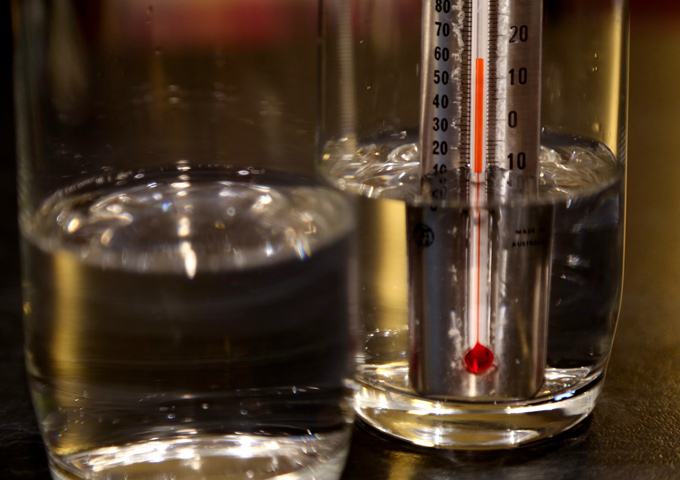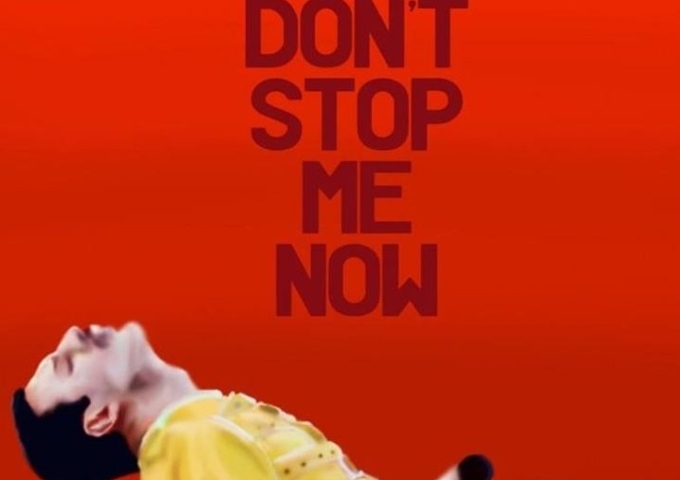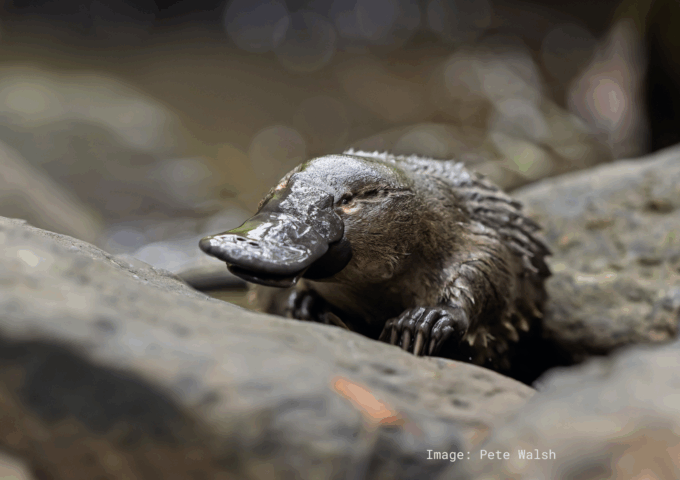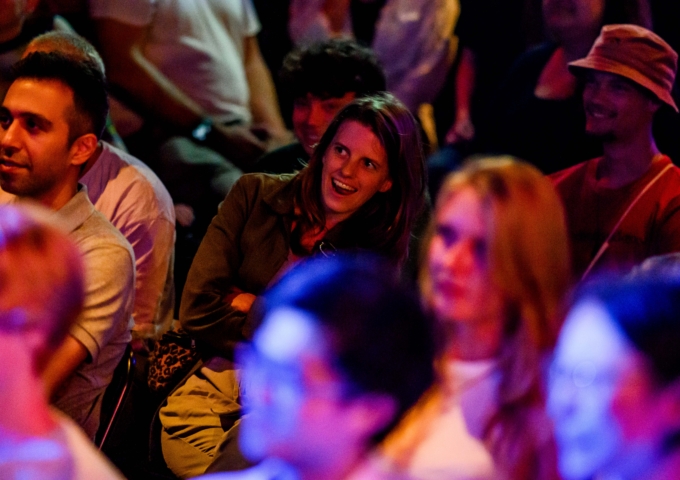
What you need:
- water
- thermometer
- timer
- measure, glass tumblers and a freezer
What to do:
- Accurately measure a known amount (eg 50 mL) of water into each of two glasses. The water in one glass should be a different temperature from the other (eg lukewarm and recently boiled).
- Measure and record the temperature of the water in each glass.
- Place the glasses into a freezer. Record the temperature in each glass every five minutes, working quickly to avoid the freezer warming up too much.
- Compare how long it takes for the water in each glass to reach 0°C.
- Try again with water starting at other temperatures eg 5° and 35°C.
What’s happening?
The Mpemba effect, hot water freezing faster than cooler water, was noticed by Tanzanian school boy Erasto Mpemba in the 1960s.
No one is really sure why the effect occurs, but it is probably a combination of convection and supercooling (liquid water below 0°C). Other factors could include the amount of dissolved salts and gasses in the water, the heat conductivity of the containers and to a small extent, evaporation from the warmer sample.
Don’t be discouraged if you don’t notice the effect at first – it doesn’t always occur. Try different starting temperatures, different amounts of water and different containers.






